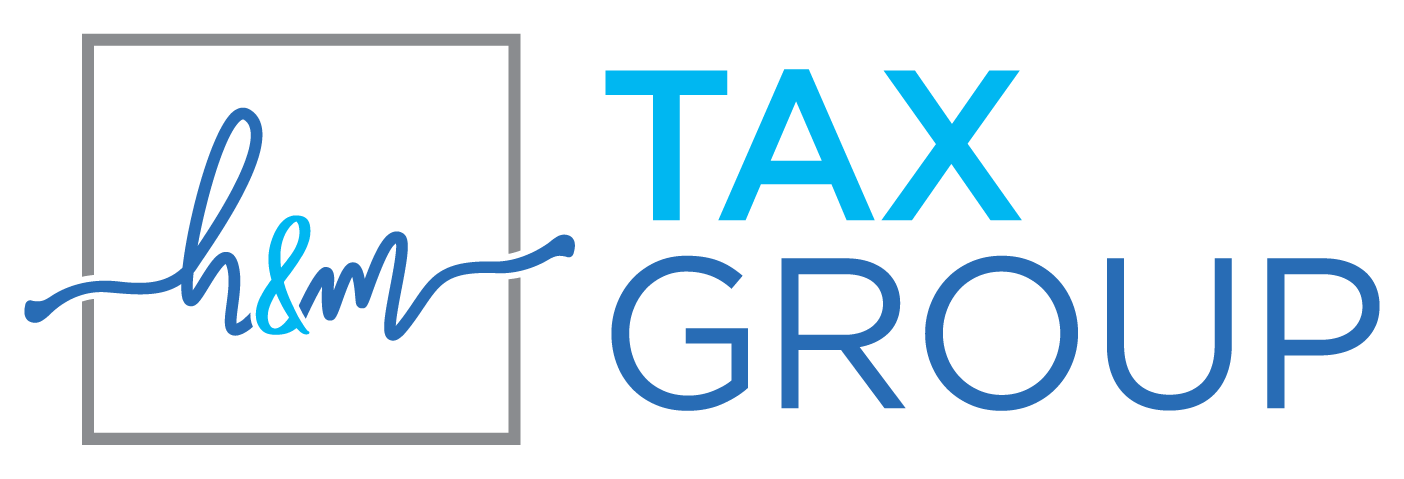Tax deduction at source, also called “withholding tax” or TDS, means you, As a business owner, withhold a certain amount from the payment you make to your employees, vendors or contractors. If you are running a business in Dallas, TX; This is something you can’t afford to ignore.
Whether you are a startup, or small business owner, or running a bigger company. Knowing how TDS works can keep your cash flow on track, save you from IRS Penalties, and make sure you are following state and federal tax rules. Let’s help you understand what TDS really means. How tax deduction at source works, and how it impacts your Dallas Business.
What is TDS (Tax Deduction at Source)?
TDS (Tax Deducted at Source) refers to the process where the employer deducts a certain percentage of the employees’ income as income tax before transferring the amount to the employee. It applies to payments such as salaries, professional fees, commission payment, bank interests, interests on securities, or rent.
The deducted amount is then given to the government. This tax collecting system allows you to pay taxes every month and avoid tax evasion at the end of the year. Moreover, This will help businesses and individuals manage their taxes and cash flows more efficiently, Thereby reducing tax accumulation.
TDS compliance is not just a tax formality, This is your legal responsibility as a business owner in Dallas to collect taxes to avoid costly penalties and stressful audits.
How does TDS work?
TDS is a system where taxes are collected at the source of income, meaning, the employer deducts, or withholds a portion of the payment before giving it to the person and sends it to the IRS.
For instance, as a business owner, You hire a person to do a job and owe them $ 5,000. Lets say you deduct 10% ($500) of the payment to yourself and send it to the IRS as an advance tax.
This will help you and the individuals to comply with regulations and avoid accumulating the tax at the end of financial year.
How Can TDS Impact your Dallas Business?
- Impact on cash flow
Whenever you hire a vendor and make a payment, you must deduct the income tax and send it to IRS. if you fail to communicate with your vendors about the payment properly or pay less after deduction, It will affect the vendor relationship and can impact your business.
- Affect employee paychecks
Before paying your employees, you must withhold social security income or medical taxes. If you get it wrong, This can lead to employee dissatisfaction or worse IRS fines.
- Burden on administration
For individuals deducting TDS, filing TDS returns is required. However providing complete documentation, including TAN (account number allocated to the deductor), PAN (account number of the taxpayer), payment type and the amount paid, can be overwhelming.
- Hefty audits
Incorrect TDS Filing, late deposits, or missing documentation are something the IRS does not ignore and sometimes lead to penalties. This is specially likely to occur when you are doing it manually or without professional assistance.
Pros & Cons of TDS
| Pros | Cons |
| Prevents people from evading taxes | Delay tax refunds |
| Less burden on the tax collector agencies | Processing large TDS data can be difficult |
| Supports the timely filing of income tax returns | Errors can result in IRS penalties |
| Compliance with state and federal tax laws | Amendments are required with the change of tax rules |
| Ensure a steady source of revenue for the government. | Problem with the employee’s finances |
Final Thoughts
Tax deduction at source often feels like a legal tax rule, but for Dallas business owners, it plays a big role in their business’s financial sustainability. Therefore, understanding TDS is not just optional; it’s essential to keep your business safe from IRS troubles. Many business owners struggle with TDS compliance. At H&M Tax Group, we help businesses to streamline payroll, reduce tax deductions, and make timely IRS filings, thereby reducing the risk of IRS audits and penalties. Let us handle it for you.


